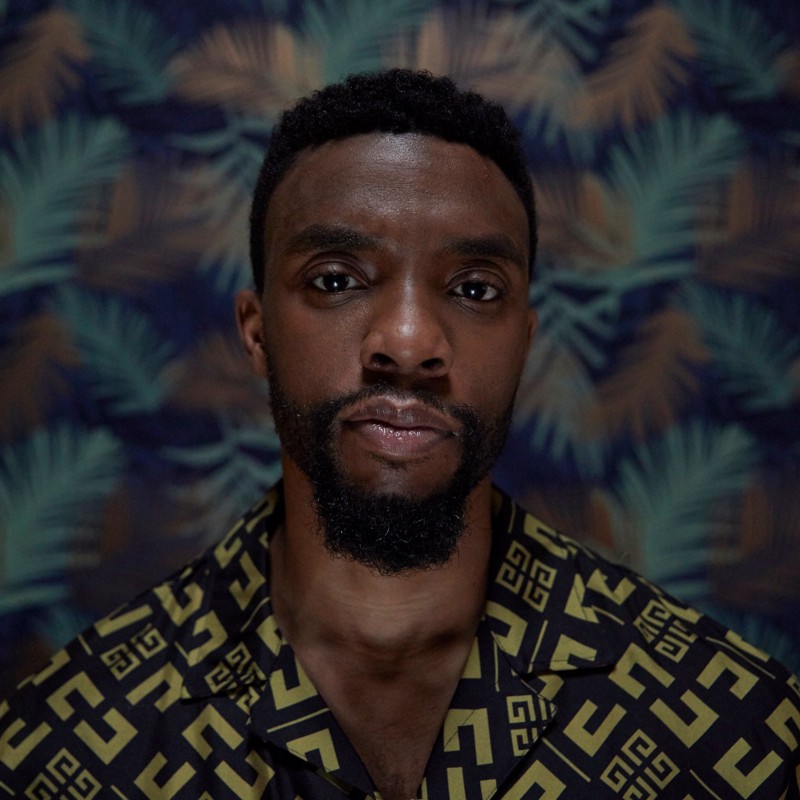
At Incluvie, we provide movie reviews and ratings through a lens of representation. When the world lost Chadwick Boseman on August 28, 2020, we all saw the enormous and powerful impact of representation in film. The announcement of his untimely death on Twitter was the most liked tweet as of August 2020 [Source]. Why? Because Boseman was not only a Black superhero leading a Black cast in one of the most successful films in history; but his successes paved the way for more, long-overdue diversity in Hollywood.
As the industry posts tributes to their friend and colleague, we can only remember him through the grace and integrity he left on screen. Boseman was necessary to the film industry; we needed him. Every systematically oppressed person needed him, and his strong, well-rounded characters. Boseman was more than an extremely talented actor — he was the embodiment of representation’s effect. The writers of Incluvie wanted to do our best to pay a small tribute to his image on screen. Let’s review some of his roles and his impact.
Da 5 Bloods (2020) by Andrew Stilson
It is quite poetic that Da 5 Bloods, Chadwick Boseman’s last release before his passing, sees the actor portraying a stoic leader who meets an untimely death on the battlefield during the Vietnam War. Since his unexpected death, the general public learned about Boseman’s battle with cancer. Everything about his personal struggle is reflected by his character’s (Stormin’ Norm) leadership and overarching empathy for those who need it the most. Tenacity and resolve in times of hardship not only describe how Stormin’ Norm combats conflict within his squad in Da 5 Bloods, but it also describes how the actor approached his work on and off the screen. By putting others before himself, Boseman fully embodied the characters that he portrayed, especially Stormin’ Norm.
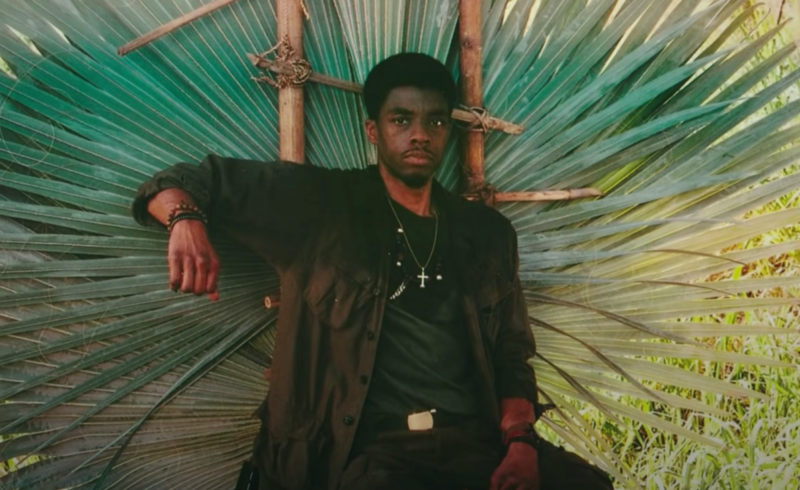
Da 5 Bloods itself actually centers around Paul (Delroy Lindo), a man who has long been haunted by the death of his friend and leader, Stormin’ Norm. Towards the end of the film, Norm appears to Paul in a vision. In a beautiful moment of forgiveness and reconciliation, the vision of Norm embraces Paul, comforting the suddenly sobbing man. “Ain’t no thing, Blood,” Norm says, as he smiles, “Ain’t no thing.” The charismatic and loving presence Boseman brought to Stormin’ Norm will surely be how he is remembered, being calm and collected in moments in which we may not all find ourselves as equally levelheaded.
21 Bridges (2019) by Talia Werber
Over the past few years, Chadwick Boseman has played many important roles in mainstream cinema. Not only was he Marvel’s first Black superhero with his own movie, but he also portrayed many historical figures like James Brown, Jackie Robinson, and Thurgood Marshall. However, when it came time to review one of his films, I wanted to look at one of his fictitious characters and watched 21 Bridges. The film was not exactly what I expected. Chadwick Boseman does the best with what he has but his character is pretty one dimensional — a cop determined to get justice for cops lost in the line of duty, which is how his father died. Boseman’s character is definitely the best part of the film, and it is fun to watch the wheels in his head turn as he figures out what is going on.
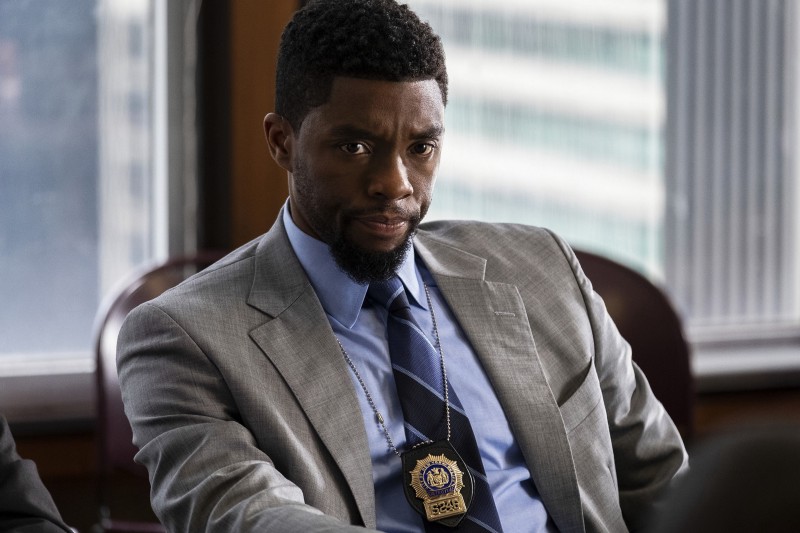
21 Bridges is a film about police corruption, and although it may not have been my favorite film, it definitely made me think, especially during the scenes which mimicked real life. How could I not think about Breonna Taylor when the cops in the movie break down a woman’s door without knocking? Or about Charles Kinsey when Boseman’s character shouts out “don’t shoot [me]” to other cops when they are chasing a Black suspect? Although 21 Bridges, in my personal opinion, is not the greatest movie, I do think that the film, and Chadwick Boseman’s role as a justice seeker, are important — especially now when BLM and police violence are so prevalent in the world.
Black Panther (2018) by Lauren Massuda
Black Panther is renowned for its all-star collection of a primarily Black cast, and Chadwick Boseman stood out among everyone. His portrayal as T’Challa/Black Panther was an inspiration for many people in the Black community; and it will no doubt lead way for other Black actors to rise in similar roles. During Black Panther, Boseman carried the role with a noble presence, showing humility to even the film’s antagonist.
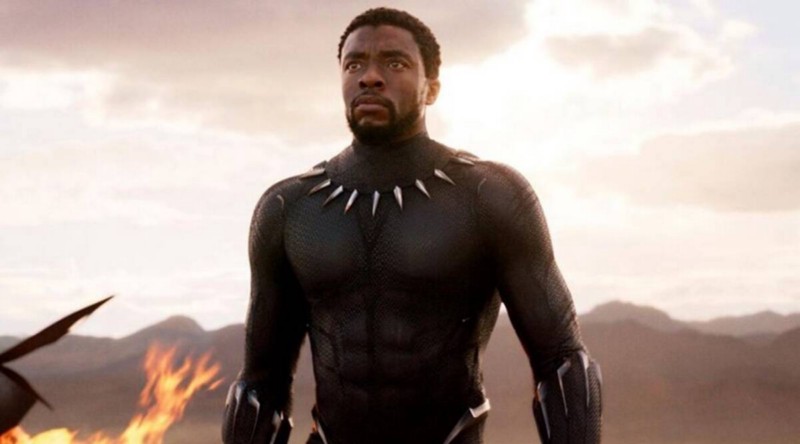
This was Boseman’s second performance as the iconic superhero after Civil War, and while in the previous film he sought vengeance, this time he sought to maintain order in Wakanda. A king and a superhero, Boseman took on the role as if he really was such.
Captain America: Civil War (2016) by Micah Glidewell
Captain America: Civil War marked the introduction of T’Challa as Black Panther to the Marvel Cinematic Universe. Even for those unfamiliar with T’Challa, Chadwick Boseman solidified this character as driven, protective, and level-headed. Even though T’Challa’s arc in this film centers around revenge, Boseman made him understandable. Audiences connected with him as a conflicted and grieving son, even with minimal screen time to articulate this complexity.
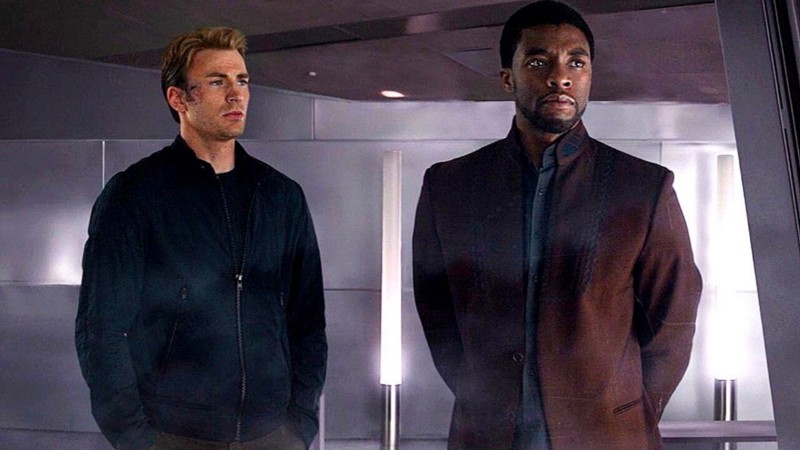
The Russo brothers wrote T’Challa as a character faced with tragedy who overcomes it, but Boseman gave T’Challa life. I cannot imagine how excited young Black kids were to see someone who looked like them on screen, especially someone who was both a ruler and a hero. Watching this film now, it serves as a cultural artifact, a precursor to one of the highest-grossing films of all time, and one of only two films (prior to Lion King 2019) on that list to feature a majority Black cast. T’Challa’s role in Captain America: Civil War is small, but the impact Boseman would have on the film industry began with his performance as a grieving son in a Marvel film.
Check out the rest of Boseman’s impressive filmography:
Avengers: Endgame (2019)
Avengers: Infinity War (2018)
Marshall (2017)
Message from the King (2016)
Get on Up (2014)
42 (2013)
Written by Sarah Erskine
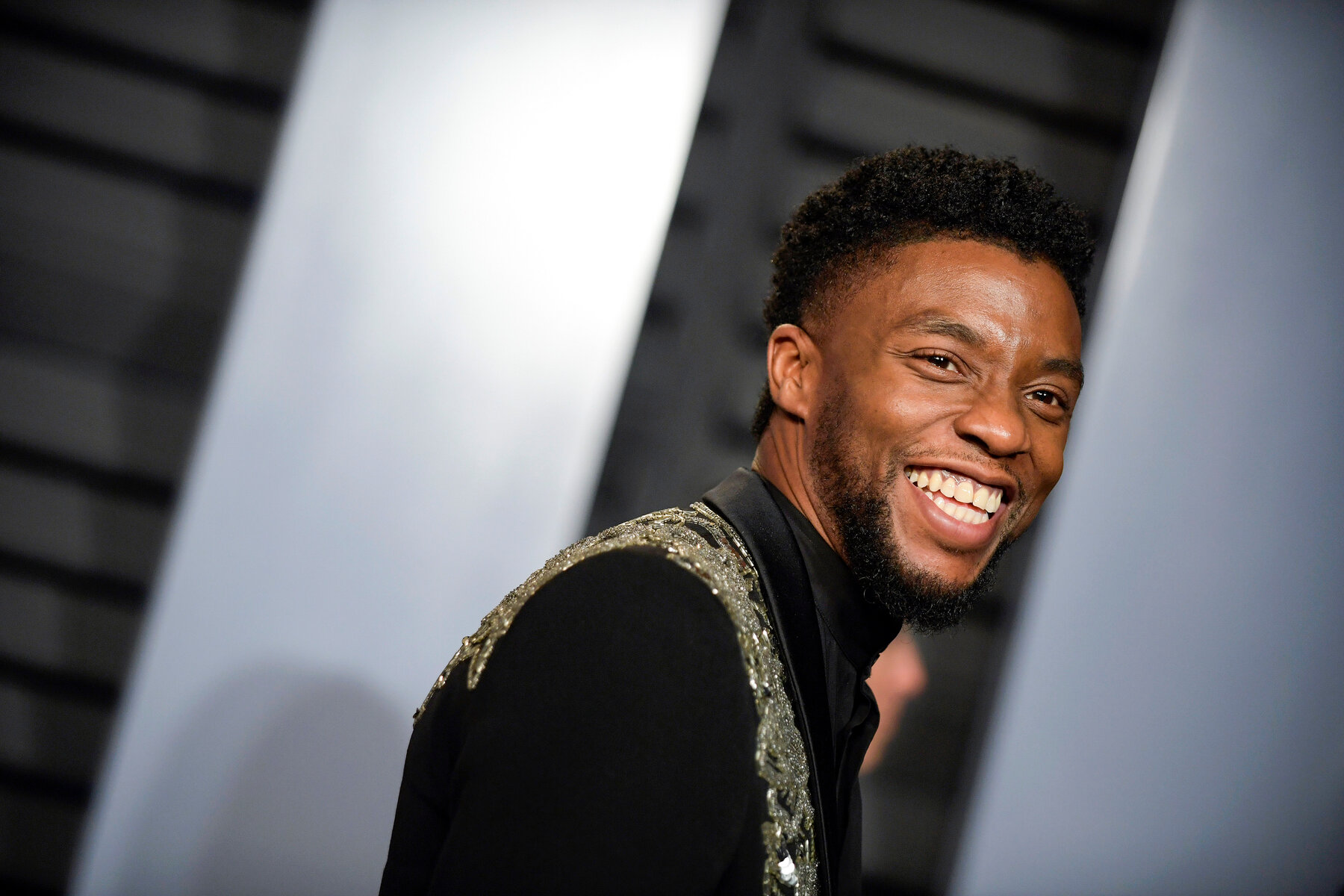
Comments